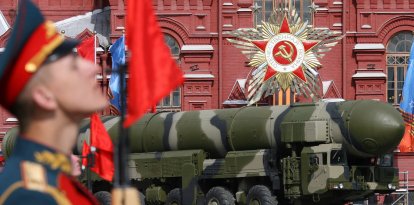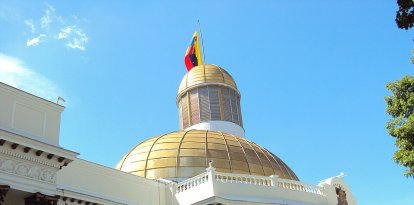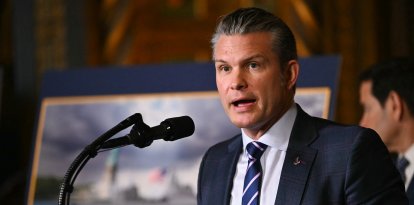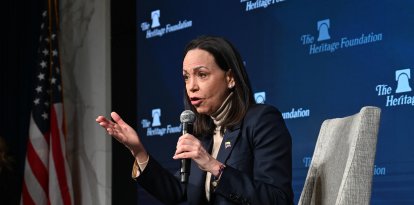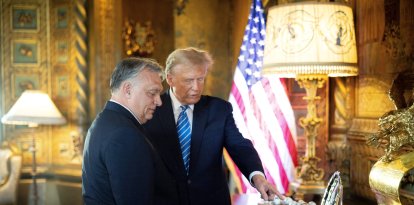Former Peruvian president Alberto Fujimori, the controversial leader who put an end to terrorism in his country, has died at the age of 86
Keiko Fujimori, daughter of the former president, confirmed on social networks that her father passed away after a long battle with cancer.
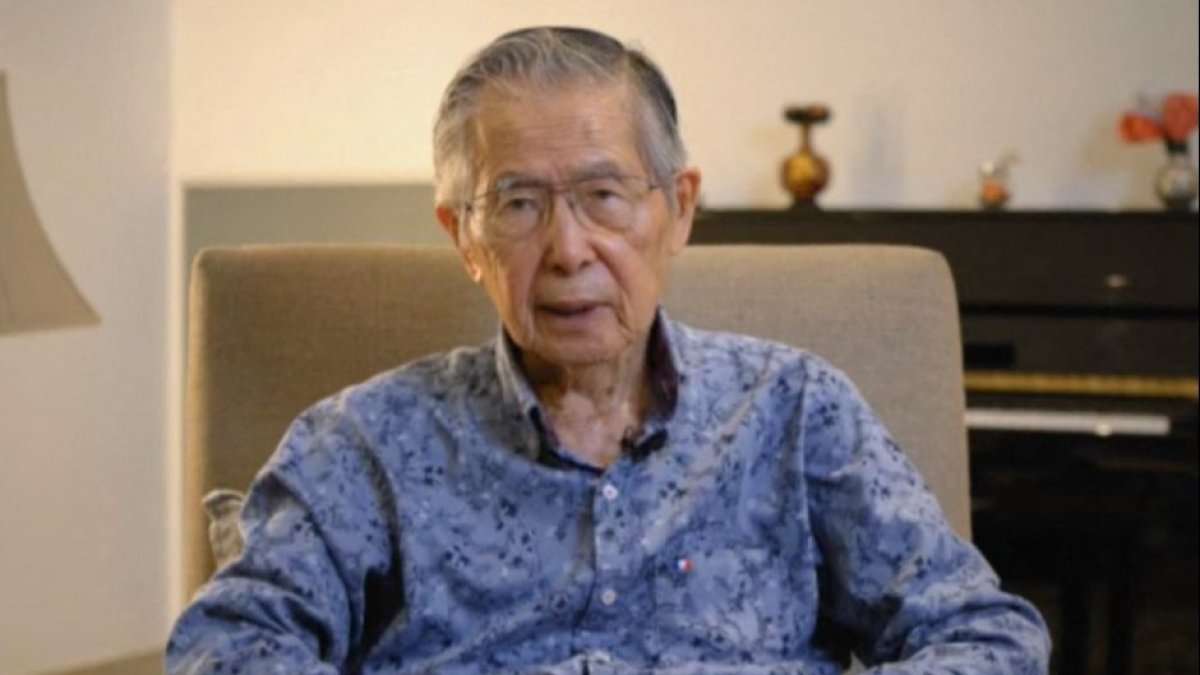
Former Peruvian president Alberto Fujimori
The former president of Peru, Alberto Fujimori Inomoto has died at the age of 86 from cancer, his daughter Keiko Fujimori confirmed. The news, initially announced by his lawyer Elio Riera and later withdrawn, marks the end of a life marked by deep divisions in Peru.
"After a long battle against cancer, our father, Alberto Fujimori has just left to meet the Lord. We ask those who appreciated him to accompany us with a prayer for the eternal rest of his soul," Keiko informed through her social networks.
A controversial legacy
Alberto Fujimori governed Peru from 1990 to 2000. His presidency was marked by a series of economic and political reforms that, according to his supporters, stabilized the country during a severe economic crisis and successfully confronted the threat of terrorist groups such as the Shining Path and the Túpac Amaru Revolutionary Movement (MRTA). Fujimori implemented policies of economic liberalization, privatization and pension reform that transformed the Peruvian economy, but also generated controversy.
His government was also criticized for authoritarian practices. In 1992, Fujimori carried out a "self-coup," dissolving the Congress and the Judiciary, and consolidating his control over the government. This act was widely condemned by human rights organizations and is seen by many as a turning point towards a dictatorial regime.
Resignation
Fujimori's government became embroiled in several corruption scandals, including the famous "vladivideo" which showed then intelligence chief Vladimiro Montesinos bribing legislators. This scandal sparked a series of protests and political crises that led to Fujimori's resignation in November 2000. After his resignation, Fujimori fled to Japan, from where he officially resigned the presidency by fax.
Legal and political repercussions
Fujimori was arrested in Chile in 2005 and extradited to Peru in 2007. In Peru, he faced charges of corruption and human rights violations. In 2009, he was sentenced to 25 years in prison. His sentence was upheld in 2011 and 2012, but in December 2017, President Pedro Pablo Kuczynski granted a humanitarian pardon to Fujimori due to his health condition. However, the pardon was annulled in 2018 by Peru's Supreme Court for irregularities in its granting. Finally, in 2023, the Constitutional Court ordered his release, despite the ruling of the Inter-American Court of Human Rights.


















